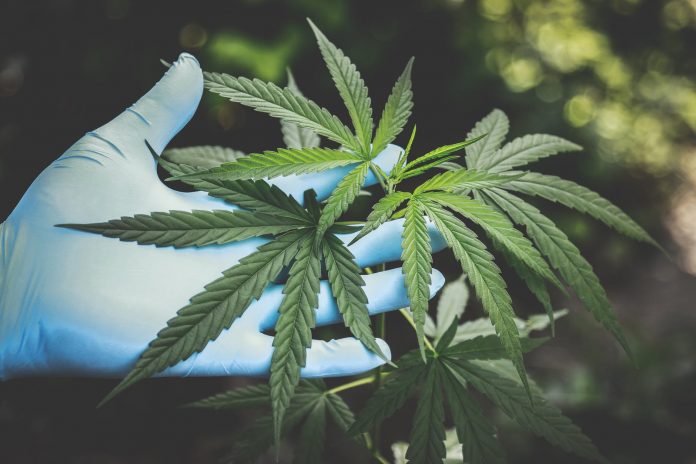
Today, cannabidiol is at the center of scientific research. CBD is bringing a massive change in the world of cannabis. Worldwide, most of the seed companies are offering a wide range of versions of the cannabis strains. All of these varieties come with different percentages of CBD and are mainly focused on medical use. Dozens of commercial products are part of a large market around the world.
The therapeutic properties of CBD are not a new thing. In fact, CBD was first introduced by a team of researchers in the United States, from the University of Illinois in 1940. After 23 years the father of cannabinoid research, Raphael Mechoulam together with his collaborators isolated THC for the first time, thus opening new fields of research for cannabis in medicine.
So far, after the results of scientific research, we can easily say that CBD has a lot of therapeutic potential. In fact, CBD is highlighted in a large number of symptoms, disorders, or diseases, including diabetes, inflammatory diseases, skin diseases, Alzheimer’s, dystonia, and many more. To give you a clearer idea on the pathologies in which CBD can be useful, we will make a list of the diseases in which CBD can provide therapeutic benefits:
- Alzheimer’s disease
- Parkinson’s disease
- Multiple sclerosis
- Huntington disease
- Several types of pain
- Psychosis
- Anxiety
- Depression
- Cancer
- Nausea
- Inflammatory diseases
As you may see the list is large, but this is not all CBD can do. Research after research the list is getting larger.
For what medical conditions might cannabidiol CBD be an effective treatment?
Table of Contents
To give you more details, we will take some of the conditions on the list above and explain more. CBD helps to treat Alzheimer’s disease by fighting the toxic beta-amyloid protein. Cannabinoids can have neuroprotective effects against this disease, thus improving the lives of patients. Besides that, a daily CBD-based treatment improves the well-being and quality of life of patients with Parkinson’s condition. Another case of beneficial potential of CBD is in the treatment of multiple sclerosis. Therapeutic cannabis has the ability to mitigate symptoms of muscle spasticity, to pain, to urinary issues.
Humans suffer from many pathologies and use different drugs for treatment. A big plus of CBD is that it does not cause any of the negative side effects other drugs show. Taking into work several effective mechanisms that slow down the Hungtington’s pathology, CBD can alleviate symptoms.
Other pathologies in which CBD can help treat
Not only CBD but also other cannabinoids such as THC are effective against chronic and neuropathic pain. Medical cannabis has enormous beneficial effects on fibromyalgia patients, improving the symptoms of the condition. When a cannabis extract with a lot of CBD and low THC acts is very effective in helping children with autism. Children who follow treatment with CBD improve behavioral disturbances and communication. This also helps parents as they report less stress.
CBD against anxiety, stress, and depression
CBD represents a new way of treating cognitive deficits that accompany anxiety, stress, and depression. Many scientific studies highlight the potential of CBD in reducing symptoms of post-traumatic stress disorder. Medical cannabis reduces the symptoms of depression, anxiety, and stress, without altering sleep.
In conclusion, the use of cannabis and its derivatives in the treatment of many pathologies is a reality today. Regulated cannabis helps relieve sleep disturbances, has a significant role against pain, weakness, and nausea. In addition to that regulates appetite, and is used with traditional treatments like radiotherapy and chemotherapy. Cannabinoids have the power to kill cancer cells without any side effects. Examples include different types of cancer such as lung cancer, brain cancer, gliomas, etc. What you should always keep in mind is that CBD does not cause addiction.















